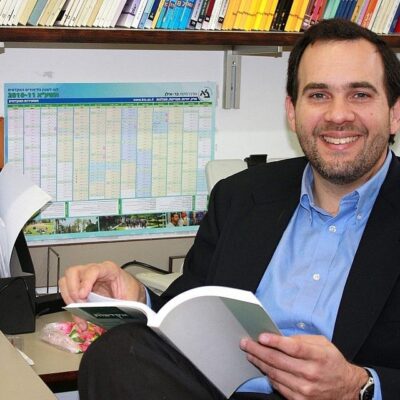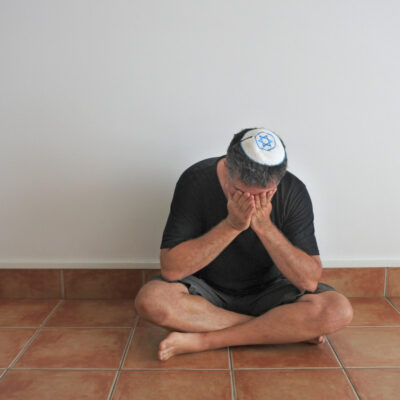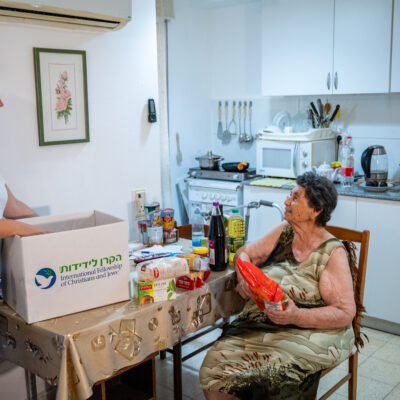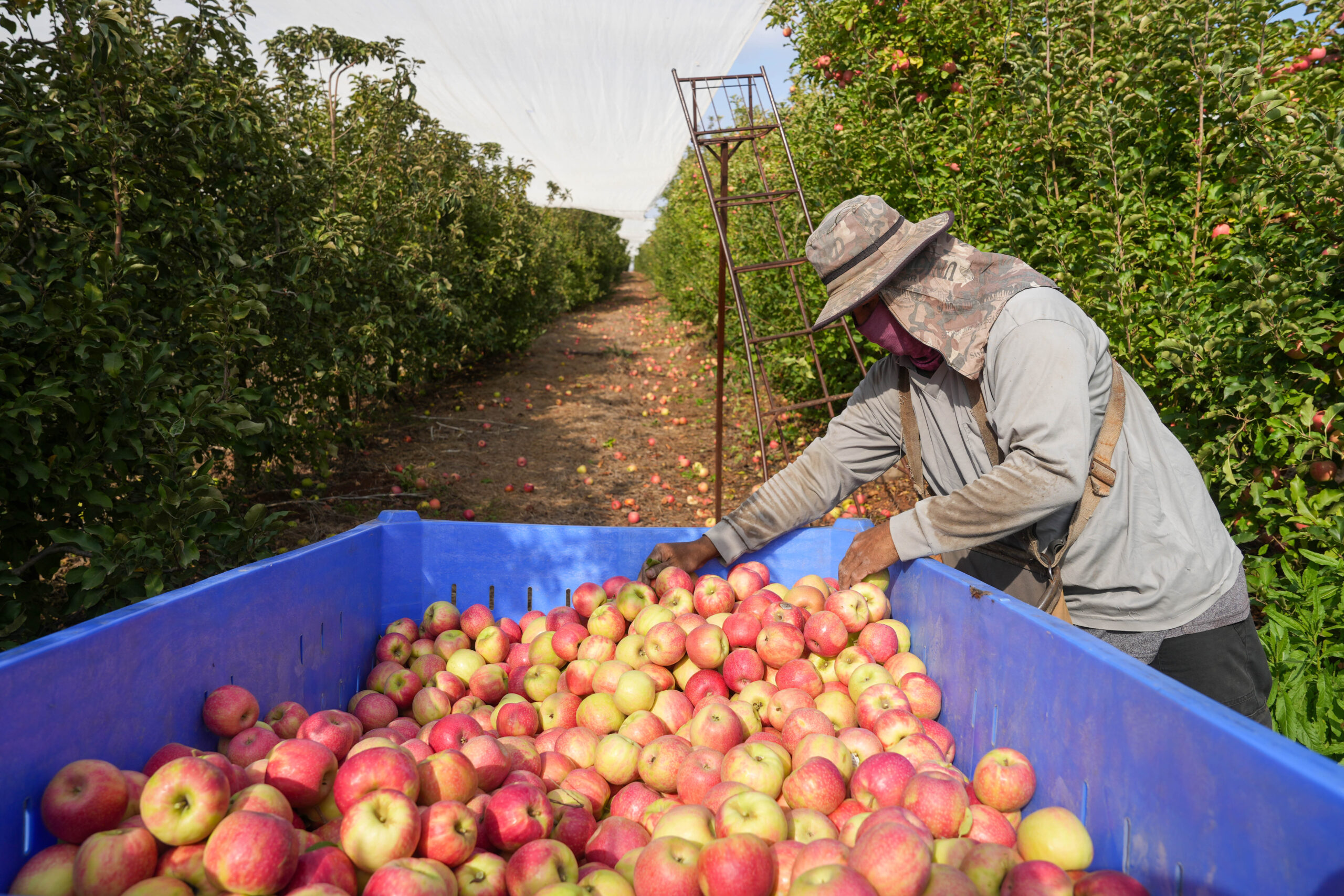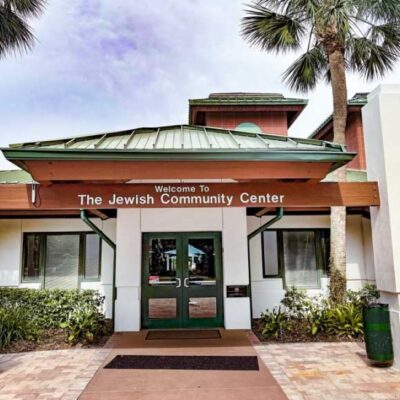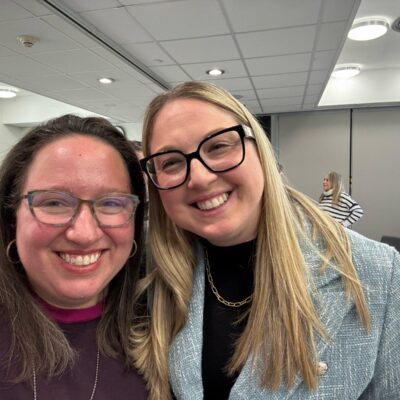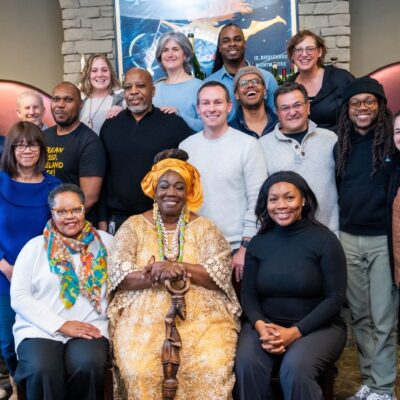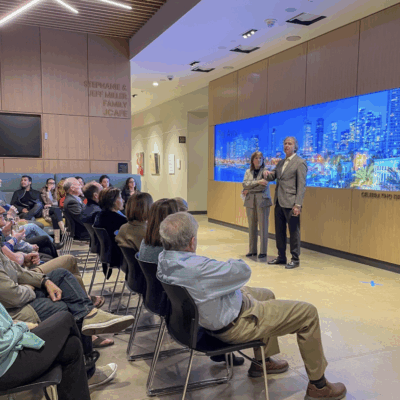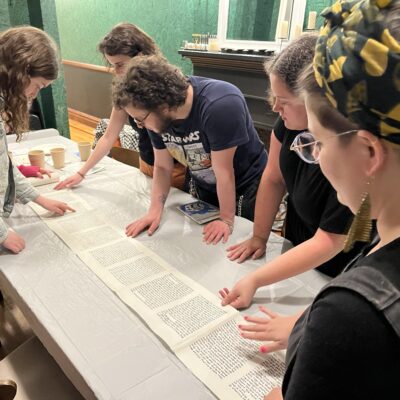Opinion
INEXTRICABLY BOUND
My identity as a progressive Zionist Jew shouldn’t be at stake
I have been trying for months to understand a perspective that has gained new prominence among a small but vocal group since Hamas’ brutal massacre in Israel on Oct. 7, 2023.
According to this group, the centrality of Israel in Jewish life has become “a poison” corroding American Jews’ integrity. The argument is that the only moral path for American Jews is to sever our connection to Israel entirely. It is framed as a necessary and straightforward choice — a simple act of moral clarity.
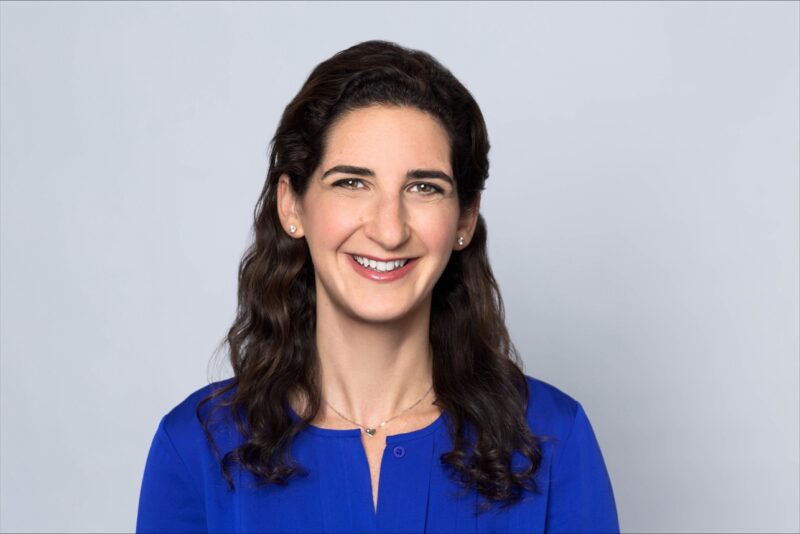
Courtesy
Jenna Harris
Like many of the people espousing this approach, I am a progressive Jew. In fact, my political philosophies are largely inspired by the Jewish value of seeking out justice. In other words, I’m progressive because I’m a Jew. As a student and then as an attorney, I have spent years involved in civil rights advocacy and interfaith initiatives; I was even once placed on a “militant Islam watchlist” after hosting an event with my Muslim peers in college. I attended the same law school, moved in similar professional circles and loudly advocated for the same social justice issues as many of the folks arguing to disentangle Zionism from Judaism.
Nevertheless, I do not believe it is prudent — or even possible — to discard my connection to Israel as though it were an outdated trend or a chipped mug.
I certainly have Jewish friends who feel no attachment to the land of Israel or the concept of a Jewish state, but I am among the majority of American Jews whose identity is profoundly linked to it, even during its darkest and most painful chapters. The purportedly easy disentanglement some people are calling for cannot be squared with our own personal histories and lived experiences as Jews.
I am not Israeli; I didn’t visit Israel until I was 12 years old. But I grew up in suburban New Jersey singing Israeli songs, eating Israeli food, celebrating Israeli holidays and saying prayers for the state’s safety. My childhood was steeped in stories rooted in Israel, both ancient and modern: my grandmother kissing the ground after stepping off her first flight to Israel; my parents’ first conversation as American Hebrew University exchange students on a tour bus; my grandfather’s awe at finally standing in front of the Western Wall alongside other Holocaust survivors in 1983.
There are photographs of me as an awkward preteen with frizzy hair and long jean shorts, smiling with my sister at a falafel stand in Tel Aviv, at a painter’s studio in Tzfat and with long-lost cousins in Ramat Gan. For years, my mother, grandmother and I all wore the same necklace etched with the Jerusalem skyline. Even now, if I need music while cooking late at night, I put on Israeli pop. There are certain flowers whose names I only know in Hebrew from my time working as a florist in Jerusalem.
Some suggest that I should set all of this aside, box it up and store it in the attic or throw it in the Hudson River, and then proceed to reconstruct a Jewish identity wholly apart from Israel. After reading and listening to many versions of this approach, I am still at a loss at their “how.”
How am I supposed to extricate my deep-rooted connections to and belief in the existence of a Jewish state from all the other facets of my faith, my culture and my daily life?
When I host friends for Shabbat, should I stop serving the honey we bought on our last trip to Israel? When planning my daughter’s bat mitzvah during Hanukkah, should I instruct her not to mention the miracle of oil that occurred in the desecrated Temple in Jerusalem thousands of years ago? When I light Shabbat candles, must I omit a prayer for peace between Israelis and Palestinians? Should I no longer call my best friend in Israel to ask if her children have enough books to keep them busy in the bomb shelter?
Should I remove the mezuzahs my kids’ chose for their bedroom doors at a street fair in Tel Aviv, with the prayer inside that starts: “Hear O’ Israel”?
Where do I face when I pray if not towards Jerusalem, as our people have been doing for millennia?
During Passover, when we pour out wine in memory of the Egyptians who perished during the plagues, should I refrain from connecting this ritual to the suffering of Palestinians and our shared humanity? Or perhaps I should abandon the Seder altogether, since it concludes with the words “Next Year in Jerusalem” and celebrates the newly freed Jewish people entering Israel 3,000 years ago?
How? And, practicality aside, why?
Why should I abandon Israel instead of loving it and grappling with it in all of its complexities? Why can I not be grateful that a Jewish state exists after centuries of exile and oppression and still pray for the day when it reflects the truest expression of democracy and justice for all?
Why should we abandon the difficult work of holding these contradictions in tension, of teaching our children to love a place fiercely and to question it honestly?
I cannot see how severing my connection to Israel will do anything to ease the wounds of the Palestinian-Israeli conflict. Far from being an act of integrity, it feels like cowardice and abandonment.
For me, the best way — the only way — to nurture and honor my American Jewish identity is to do the hard work of supporting Israel and believing in a more peaceful and just future for all who live in that ancient land.
Jenna Harris is senior counsel and K-12 legal specialist for the StandWithUs Saidoff Legal Department.

 Add EJP on Google
Add EJP on Google
